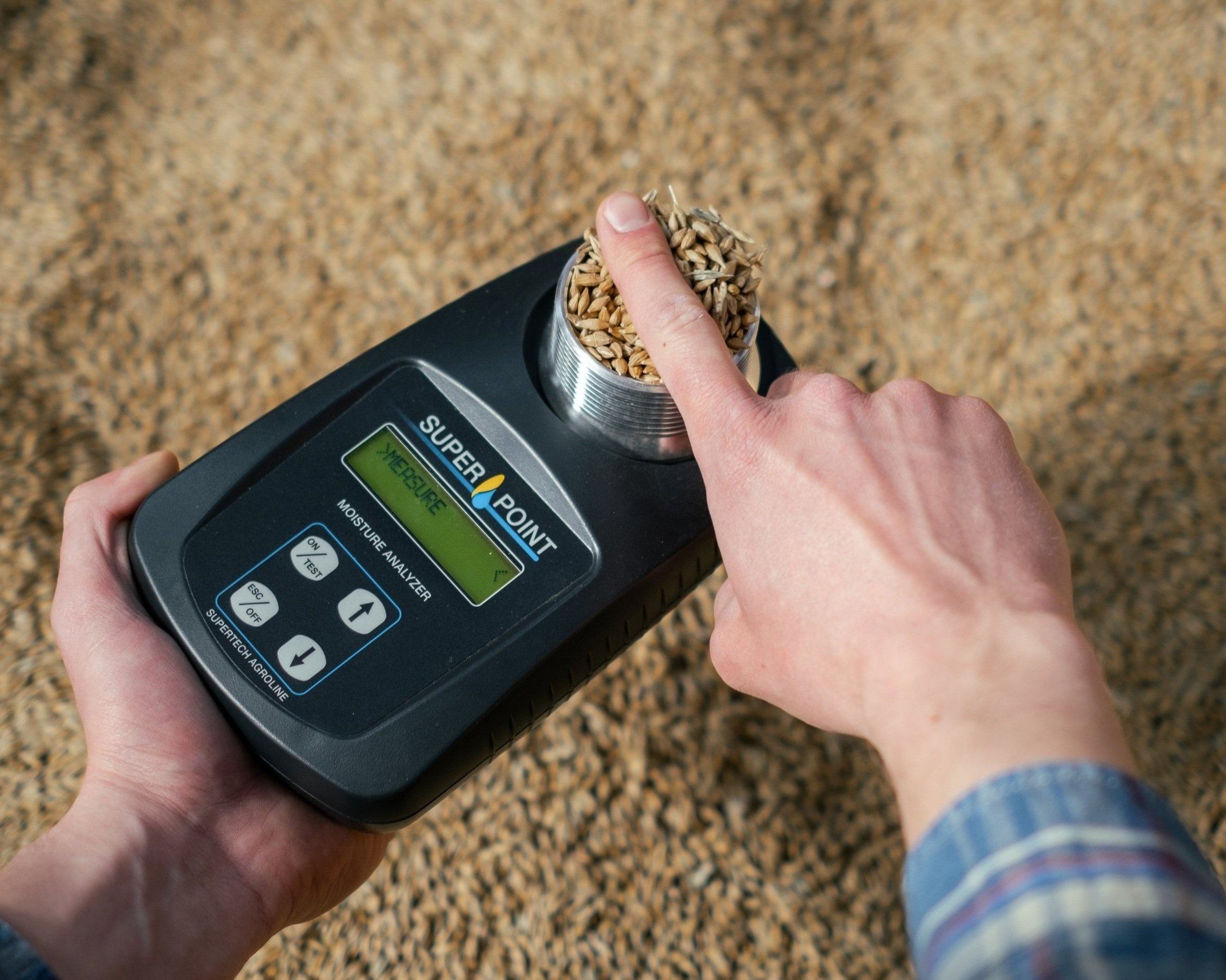The Ultimate Overview to Moisture Meters: A Comprehensive Introduction and Just How They Can Save You Money
In the world of building maintenance, building and construction, and numerous markets, the significance of accurately gauging wetness levels can not be overemphasized. Wetness meters serve as indispensable devices in finding and keeping track of moisture web content in materials, aiding in protecting against expensive problems and making sure the quality of items. Comprehending the nuances of various types of wetness meters, their applications, and the potential cost-saving advantages they provide can be a game-changer for companies and specialists alike. Discovering just how these devices can not just improve procedures but likewise add to monetary cost savings is a journey worth starting.
Sorts Of Dampness Meters
Various sorts of dampness meters are available for different applications in different markets. One usual kind is the pin-type wetness meter, which gauges the electric resistance in between two pins inserted into a material. This kind appropriates for wood, drywall, and other building materials. Pinless moisture meters, on the other hand, use electromagnetic sensor plates to scan a larger area without triggering damages to the product's surface area. Moisture Meter. These meters are perfect for rapidly evaluating wetness degrees in big locations such as floorings and wall surfaces.

Infrared moisture meters determine the thermal properties of a product to establish its moisture material non-invasively, making them valuable for applications where pin or pinless meters may not be appropriate. Understanding the different types of dampness meters available can assist sectors choose the most suitable device for their certain dampness measurement requirements.

Advantages of Utilizing Moisture Meters
Wetness meters use vital benefits in precisely examining and monitoring dampness degrees in diverse materials and atmospheres. One of the main benefits of using dampness meters is the avoidance of prospective damage caused by excess dampness.
In addition, utilizing dampness meters can lead to raised energy performance. In agricultural setups, moisture meters play a vital role in enhancing crop returns by enabling farmers to keep an eye on dirt moisture degrees and make educated irrigation choices.
How to Select the Right Dampness Meter
When picking a dampness meter, it's necessary to make sure that the meter is ideal for the specific product you will certainly be testing. Various products have varying electric buildings that can influence wetness readings, so picking a meter created for your material is critical for precise results. By carefully reviewing these aspects, you can choose a dampness meter that satisfies your needs and gives exact wetness measurements for your jobs.
Proper Strategies for Wetness Meter Use

Expense Cost Savings Via Wetness Meter Applications
How can the critical use of moisture meters lead to substantial expense savings throughout various markets? In the agriculture sector, moisture meters help in identifying the optimal time for gathering crops, stopping excess or over-drying wetness that can impact the last product's high quality.
Similarly, in building, moisture meters help stop expensive damages by finding moisture degrees in structure materials, such as wood or concrete, which can bring about structural issues if not resolved quickly. By recognizing problem areas beforehand, professionals can take rehabilitative actions to avoid substantial repairs or replacements, eventually conserving money and time.
Additionally, in the food handling market, dampness meters are important for keeping an eye on item top quality and guaranteeing compliance with security laws. By precisely gauging moisture content in foodstuff, makers can protect against perishing, maintain freshness, and minimize waste, causing substantial cost savings. Overall, the tactical application of wetness meters is a useful investment that can cause significant expense decreases and boosted performance throughout numerous sectors.
Verdict
In verdict, dampness meters are useful tools for detecting and gauging wetness levels in different products. By using the best dampness meter and following correct methods, customers can efficiently prevent expensive Discover More Here damages triggered by excess wetness.
Wetness meters offer as crucial tools in finding and keeping track of moisture web content in materials, assisting in stopping expensive problems and guaranteeing the top quality of look these up items. Infrared dampness meters determine the thermal homes of a product to determine its wetness web content non-invasively, making them useful for applications where pin or pinless meters may not be appropriate.Dampness meters offer vital benefits in accurately examining and checking dampness degrees in varied products and environments. In agricultural settings, wetness meters play a critical duty in optimizing crop yields by enabling farmers to keep an eye on dirt dampness degrees and make educated watering choices.In conclusion, moisture meters are important devices for discovering and determining dampness levels in different materials.